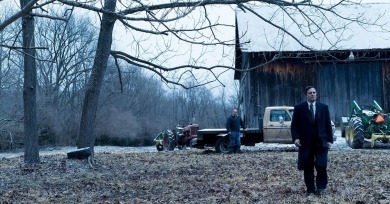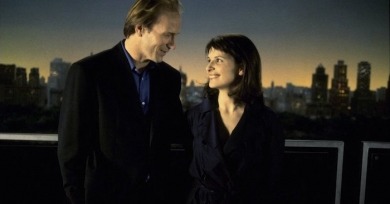Caden Mark Gardner
It is a work that highlights the incongruities and contradictions of baseball. There has not been a fictional sports movie quite like Eephus, which deliberately unravels itself at the seams.
His body of work has gotten increasingly whimsical and pedantic; here he substitutes kitchen-sink realism for an aesthetic that feels like a pre-distressed t-shirt.
This film is incendiary, but it should be discussed not just for its controversy. What makes this film significant is how it engages with the iconography of IP superhero blockbuster cinema and with the trans film image.
I sense my opinion about Zero Dark Thirty would have been cooler at the time had I been better versed in Bigelow’s oeuvre. But I also think my initial trepidation to express more of my political knowledge and belief systems was wrongheaded.
Casa Susanna is a critical elegy for a time long since passed. The true stories behind these photos offer crucial insight that for years was missing or left as a question mark whenever they were displayed in galleries.
Francine is holding on for dear life as her nuclear family falls into disarray with a cheating porno theater-owning husband, a fetishistic teenage son who gains local notoriety for stomping on feet, and a rebellious daughter with an unplanned pregnancy. Francine is unloved, ignored, and routinely humiliated.
Discussing the work of David Cronenberg and the trans metaphors and tactility of his latest film, Crimes of the Future.
The film is a reflective presentation of how an entire generation was drawn into the digital sphere in response to a physical world that often left them in a despondent state of isolation, dissociation, and dysphoria.
One of Bugs Bunny’s greatest attributes is that he transcends the rational to become one of Hollywood entertainment’s greatest anti-establishment heroes.
The film is brave, generous, and vulnerable about how often and how long queer people have to negotiate with concepts of childhood and home, and how they carry the loaded, weighted sense of dread, painful memories, and regret among their families.
People reliving or articulating past traumas on screen is fairly standard in social issue documentaries. What is most striking about Silent Voice is that it presents its main subject, Khavaj, and his personal story without inflicting more pain or describing it in detail, even if the shocks to his mind and body are still painfully tangible.
The story of American identity in the 21st century cannot be told without acknowledging that social media has shifted the ways we talk, interact, and forge communities.
A 1959 postapocalyptic melodrama with Harry Belafonte and a recent domestic portrait set in 1960 have this week’s pair of writers thinking about displacement in America.
There is a difference between making a film of sociopolitical and cultural value and making a film about important sociopolitical and cultural matters. In some cases the latter may beget the former, but it is not a given.
Pia Hellenthal did not want Searching Eva to be slotted into one type of film, in the same way its subject seeks not to be pigeonholed into one identity.
Dark Waters is at once a legal thriller, an environmental disaster movie, and a dramatized historical document of a region, spanning decades, from the atomic age to present. On its face, such a project, set primarily in corporate offices, might seem an unlikely fit for Todd Haynes.
A Couch in New York was Akerman’s ode to classic Hollywood, specifically screwball comedies from the European masters who came to America as émigrés and exiles from their troubled home countries, such as Billy Wilder, Charlie Chaplin, and Ernst Lubitsch.
There is not much the audience is allowed to learn about Lara beyond her being trans and a ballerina. To make matters worse, Dhont makes a visual obsession out of her anatomy and otherness.
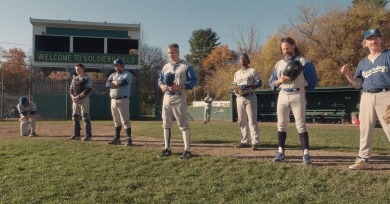

-390x204.jpg)
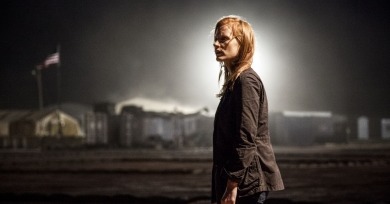
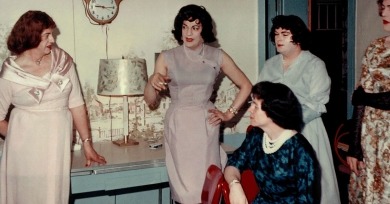
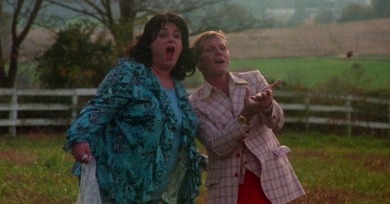
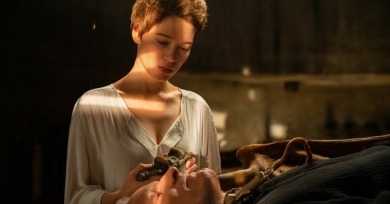
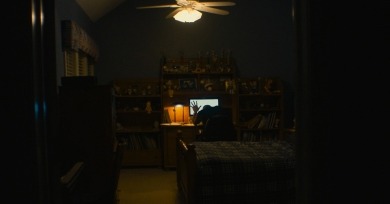
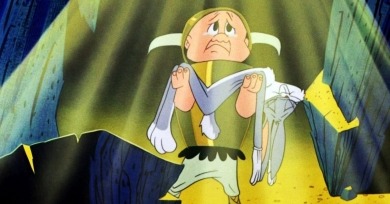
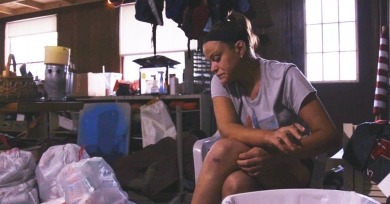
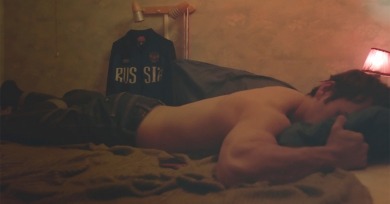
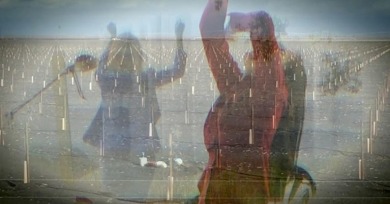
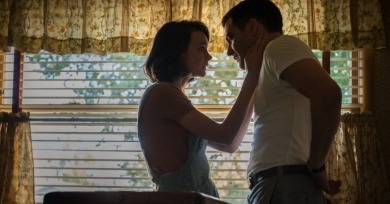
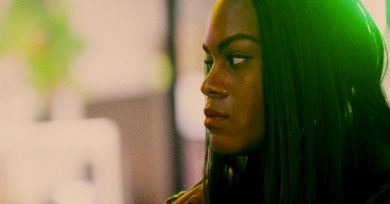
MazuchCORSO-390x204.jpg)
